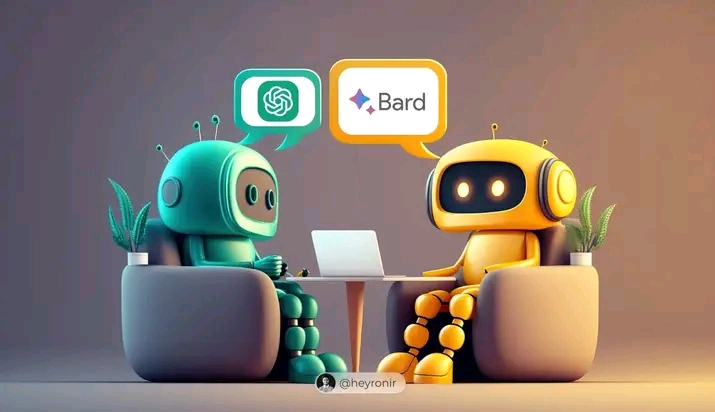By Ollus Ndomu
In Kenya, the age-old practice of ghostwriting, where freelance writers assist students in crafting essays and handling coursework for compensation, has faced a significant upheaval due to the rise of artificial intelligence (AI) tools like ChatGPT. This transformation has left many Kenyan ghostwriters grappling with dwindling opportunities and diminished incomes, sparking discussions about the fairness of AI’s impact on traditional livelihoods.
For years, ghostwriting has been a crucial source of income for countless Kenyan writers, allowing them to leverage their skills to support themselves and their families. However, with the advent of AI-driven writing tools, the landscape is evolving rapidly. These tools can generate human-like text, making them a cost-effective and efficient alternative for academic and professional writing tasks.
As AI tools become more prevalent and accessible, many Kenyan ghostwriters have reported a decline in job opportunities and income. Some have even found their livelihoods nearly obliterated. This phenomenon has prompted debates about the ethical implications of AI disrupting traditional industries and whether fair and equitable solutions can be found to mitigate its impact on livelihoods.
While AI undoubtedly offers many benefits, including increased efficiency and accessibility, it also raises complex questions about the consequences for those whose livelihoods are affected. As Kenya and other countries grapple with these changes, finding ways to adapt to the evolving work landscape and ensure equitable opportunities for all remains a pressing challenge.


